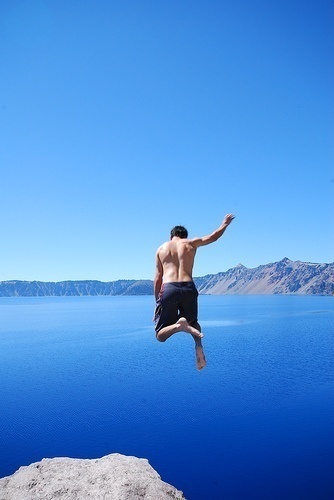Everybody you know, will probably agree with this, that Technology can be a great enabler.
It’s one of those motherhood statements (like “Shit happens” or “Life sucks”) that arguably can’t be denied. As someone who has often taken upon himself to forge this enablement with the demands of the business, I want to take a different stand.
Technology CAN be an enabler, only if you possess the know-how of implementation and your audience possesses the temerity to bear the brunt of teething and adoption problems, then can it be an enabler. How many cases have we seen that an organization wide technology upgrade has failed simply because the intended audience does not adopt it, but merely reverts to the easily available alternative.
My mother heads the medical department of State Bank of India, she in fact is the Chief Medical Officer. She tells me that they had tried three times to implement some form of an enterprise system for their department, Each time it had failed. Why did it fail? Not because the implementation was incorrect. We can’t say that, the moment we do – the implementation partner will pull out the requirements sheet, the scope document or some form of agreement which indicates that there was no breach of contract from their side.
And that is the problem I want to point out. Technology is not a function which can run in a silo. It permeates through the organization, from the most mundane of activities like checking email, to most complex of them like implementing a Decision Support System to help the top brass in strategic decision making.
Technology adoption therefore has to be intense. So intense that it should change the identity of the organization. If done properly, it can vault the firm into the next level.
The next time someone tells me that technology CAN be a great enabler, I will tell them that if my aunt had a moustache, then she CAN be my uncle.



